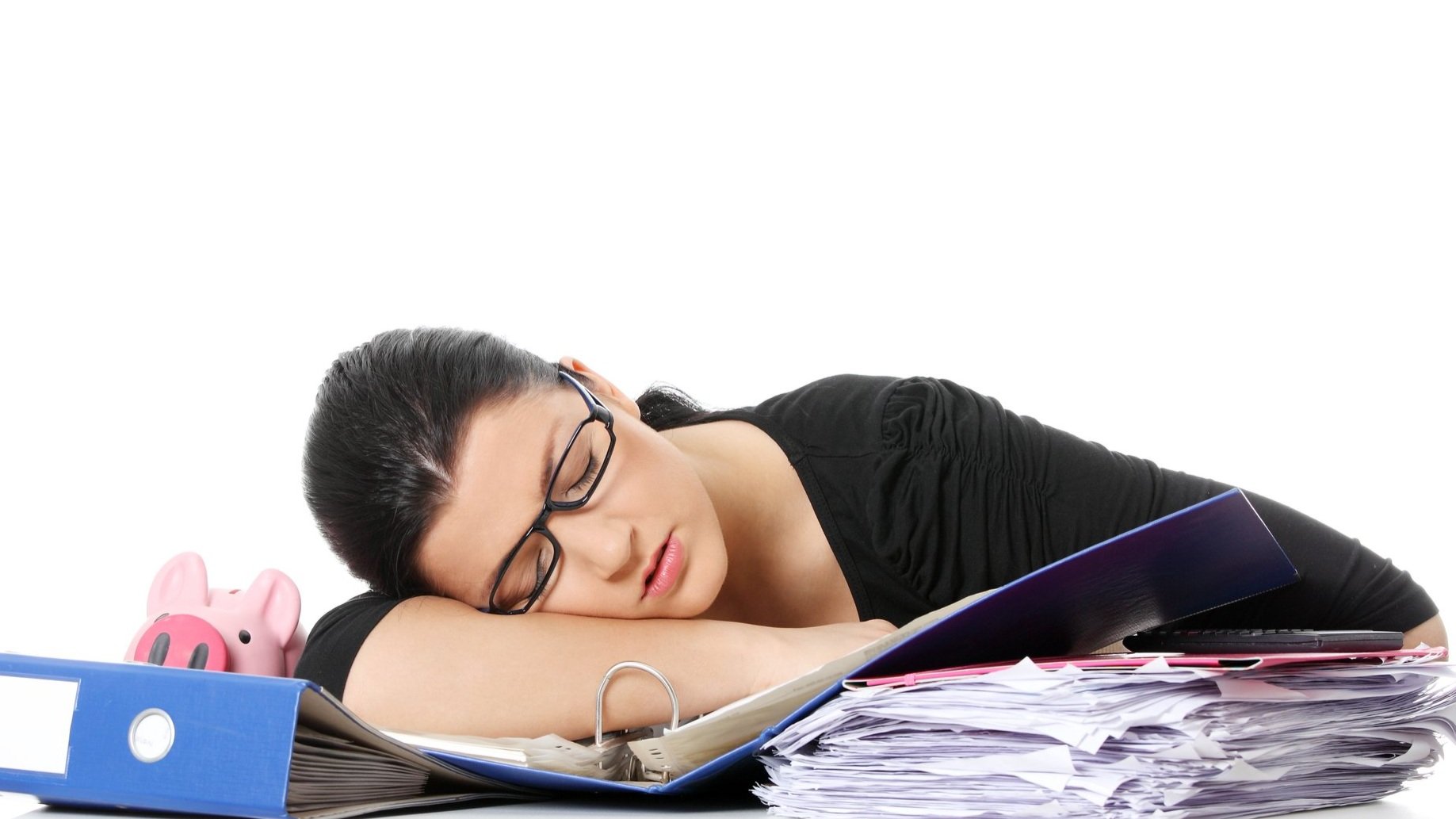Understanding stress and anxiety
Taking time to relax and breathe is essential for stress relief. A balanced diet and regular activity can also help you cope with stress. Getting the balance right helps you lead a healthy, active lifestyle and cope with stress in a more positive way. Reflexology can have an important role in your planned anxiety treatment. You can protect yourself further by learning how to recognise the signs and symptoms of stress and taking action to reduce its harmful effects.
Taking time to relax and breathe is essential for stress relief. A balanced diet and regular activity can also help you cope with stress. Getting the balance right helps you lead a healthy, active lifestyle and cope with stress in a more positive way. Reflexology can have an important role in your planned anxiety treatment. You can protect yourself further by learning how to recognise the signs and symptoms of stress and taking action to reduce its harmful effects.
Stress affects different people in different ways and everyone has a different method of dealing with it.
- foot hard on the accelerator - An angry or agitated stress response.
- foot down on the brake - A withdrawn, flat or depressed stress response.
- feet down on both - A tense frozen stress response whilst also feeling agitated.
There are various physical and mental signs and symptoms of stress. As a reflexologist I do not diagnose conditions and would always advise you to speak to your G.P. about your concerns, but the list below indicates some of the ways stress and anxiety can affect you.
- depression
- changes in behaviour/ irrational behaviour
- loss of appetite/ comfort eating.
- difficulty sleeping and fatigue.
- crying and mood swings.
- loss of sex drive.
- Increased smoking, drinking or drug use.
- feeling restless
- increased sweating
- digestive problems
- headaches
- skin problems such as eczema
- for women altered menstrual cycle
What is stress? Here's the science bit!
When you perceive a threat your nervous system reacts by releasing a rush of stress hormones including adrenaline and cortisol. These hormones stimulate the body for emergency action. Your heart beats faster, blood pressure rises, breathe quickens and your senses sharpen. The physical changes increase your strength and stamina, speed up your reaction time and enhance your focus - preparing you to either fight or flee from the danger at hand.
Stress is a normal physical response to events that make you feel threatened. When you sense danger, real or imagined, the stress response kicks in. This response is the body's way of protecting you. When it is working properly it helps you stay focused and alert, in emergencies it can save your life. The stress response also helps you rise to meet challenges, sharpens your concentration and drives you to achieve many things.
But, beyond a certain point stress tops being helpful and starts causing damage to your health, your mood, your productivity, your relationships and your quality of life.
Effects of chronic stress.. when it just goes on and on.
The body does not distinguish between physical and psychological threats. When you are stressed over a busy timetable, a traffic jam, and argument with a friend, or a mountain of bills that just keeps growing, your body reacts just as strongly as if you were facing a roaring lion. If you have a lot of responsibilities and worries your stress response may be switched on most of the time. The more your bodies stress response is activated, the quicker it fires up to fight or flight and the harder it is to shut off.
long term exposure to stress can lead to serious health problems. Chronic stress disrupts nearly every system in the body. It can raise blood pressure, affect the immune system, speed up the ageing process and contribute to infertility. For more details, see reflexology and fertility
Long term stress can increase vulnerability to anxiety and depression.
Trying to erase anxiety and unhealthy stress can be one of the most frustrating, difficult and discouraging challenges anyone can face. If you are concerned about your health in any way please contact your G.P.who will help you to decide the best way forward. Reflexology is a complimentary therapy and not a replacement for medical care. Your welfare is at the heart of every treatment.
Overcoming anxiety, stress relief and stress management is vital when stress and anxiety have left you frazzled, overwhelmed and exhausted. A reflexology treatment can provide relaxation, increase calm and help you to manage the stresses of every day life. Contact me to discuss your treatment and find your own time to breathe. Other therapies can also be helpful such as Mindfulness and hypnotherapy, for example anchoring can be a powerful tool for managing stress and anxiety.
I am a qualified therapist based in Kidderminster. I can provide treatments in my treatment room or reflexology in the comfort of your own home to suit your needs in Kidderminster, Bewdley, Stourbridge and the Worcestershire area.
back to stress management and anxiety
Please contact 0753 1121199
